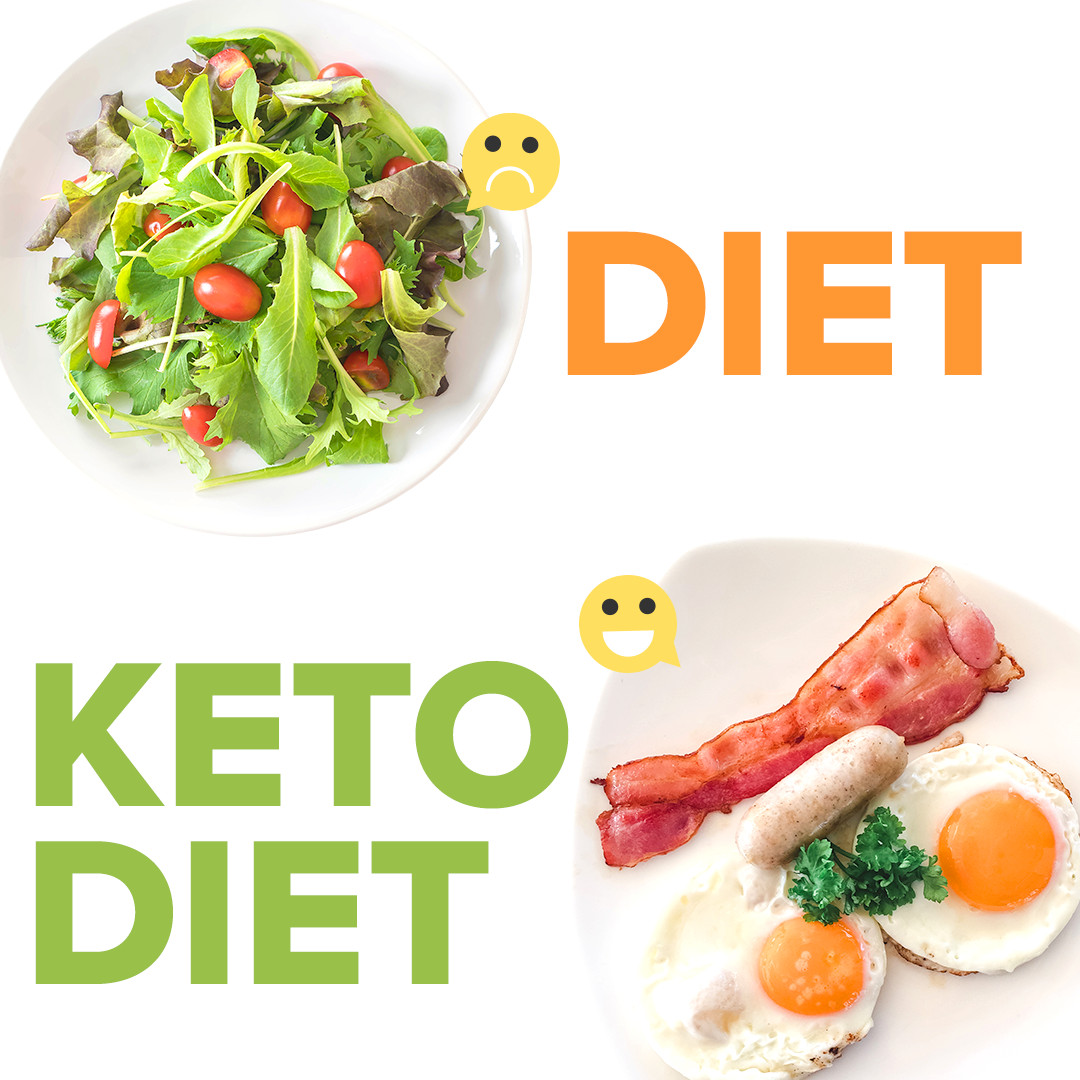
What is a Keto diet and why is it so popular?
A ketogenic diet, commonly referred to as “keto,” is a low-carb, high-fat diet that aims to induce a state of ketosis in the body. In this state, the body burns fat for fuel instead of carbohydrates. The diet typically involves reducing carbohydrates to just 5-10% of daily caloric intake and increasing fat to 60-75%.
The popularity of the ketogenic diet can be attributed to its potential health benefits, including weight loss, improved insulin sensitivity, and reduced risk factors for chronic diseases such as type 2 diabetes and heart disease. Some people also find the diet to be a sustainable way to eat, as it can lead to decreased cravings and hunger. Additionally, some people find that the diet helps improve mental clarity and energy levels.
However, it’s important to note that the ketogenic diet should only be followed under medical supervision and that individual results may vary. It’s also important to remember that the long-term effects of the diet are not fully understood and that more research is needed to determine its safety and efficacy.
Benefits of A Ketogenic Diet
- Weight loss: The main advantage of a ketogenic diet is its potential for weight loss. When the body is in a state of ketosis, it burns fat for energy instead of carbohydrates. By limiting the intake of carbohydrates and increasing the intake of healthy fats, the body will start to use stored fat as a source of fuel. This can result in significant weight loss and improved body composition.
- Improved insulin sensitivity: A ketogenic diet can help improve insulin sensitivity, which is important for regulating blood sugar levels. By reducing the amount of carbohydrates in the diet, the body requires less insulin to regulate blood sugar. This can lead to improved glycemic control, which is especially important for individuals with type 2 diabetes.
- Increased energy and mental clarity: The body produces energy in the form of ketones when in a state of ketosis, which can lead to increased energy levels and improved mental clarity. This is because ketones provide a steady source of fuel for the brain, which can help reduce brain fog and improve focus.
- Reduced inflammation: Chronic inflammation is a contributing factor in many diseases, including heart disease, cancer, and autoimmune disorders. A ketogenic diet has been shown to reduce markers of inflammation in the body, potentially leading to a reduction in the risk of developing chronic diseases.
- Better control of seizures: The ketogenic diet has been used successfully to treat drug-resistant epilepsy in children. By limiting carbohydrates and increasing the intake of healthy fats, the body produces ketones, which can reduce the frequency and severity of seizures in individuals with epilepsy.
It’s important to note that the benefits of a ketogenic diet may vary depending on the individual and that it should only be followed under medical supervision. Additionally, a well-formulated ketogenic diet should include a balanced mix of macro and micronutrients to ensure adequate nutrient intake.
Questions you should consider asking before starting a ketogenic diet.
- Am I a good candidate for a ketogenic diet? Before starting a ketogenic diet, it’s important to determine if it’s safe and appropriate for you. A healthcare professional can evaluate your medical history, current health status, and any pre-existing conditions, such as liver or kidney disease, to determine if a ketogenic diet is appropriate for you.
- Are there any contraindications for a ketogenic diet in my case? A healthcare professional can also determine if there are any contraindications for a ketogenic diet based on your medical history, current health status, and any pre-existing conditions. Certain medical conditions, such as liver or kidney disease, may make a ketogenic diet unsafe.
- How will this diet impact my medications and other treatments? A ketogenic diet may interact with certain medications, so it’s important to discuss with a healthcare professional how it may affect your current treatments. For example, a ketogenic diet may affect the metabolism of certain medications, leading to changes in their effectiveness or side effects.
- What should my macronutrient ratios look like for a ketogenic diet? The appropriate macronutrient ratios for a ketogenic diet will vary depending on individual needs and goals. A healthcare professional can help determine the appropriate ratios of carbohydrates, protein, and fat for your specific needs and goals.
- How will I be monitored while on a ketogenic diet? Regular monitoring of your health, including regular blood tests, is important to ensure the diet is safe and effective. A healthcare professional can provide guidance on how often you should be monitored, what tests should be performed, and how to interpret the results.
- What foods should I include and avoid on a ketogenic diet? A healthcare professional can provide guidance on the types of foods to include and avoid on a ketogenic diet, as well as portion sizes. It’s important to choose nutrient-dense foods, such as healthy fats, protein sources, and low-carbohydrate vegetables, while avoiding processed foods, refined carbohydrates, and added sugars.
It’s important to remember that a ketogenic diet should only be followed under medical supervision, and that individual results may vary. It’s also important to discuss any concerns or questions with a healthcare professional before starting a ketogenic diet to ensure the best outcomes.


